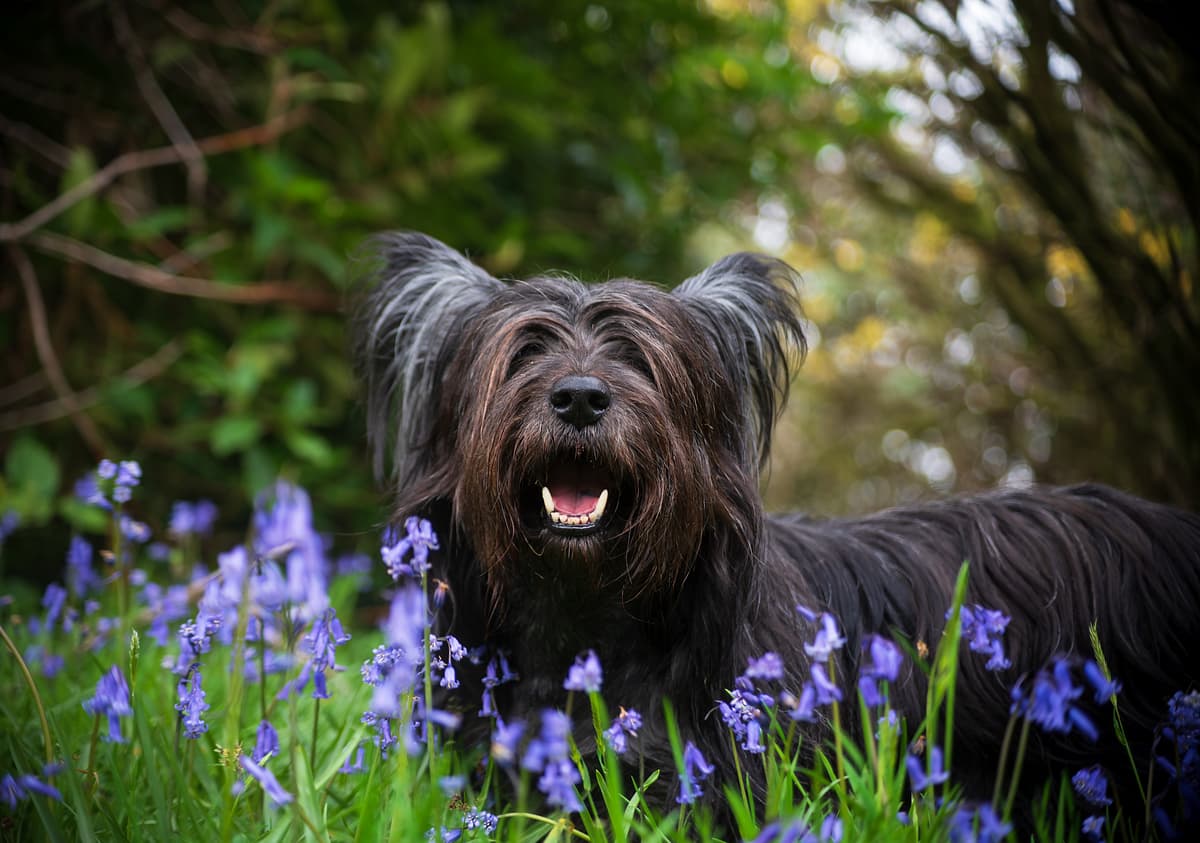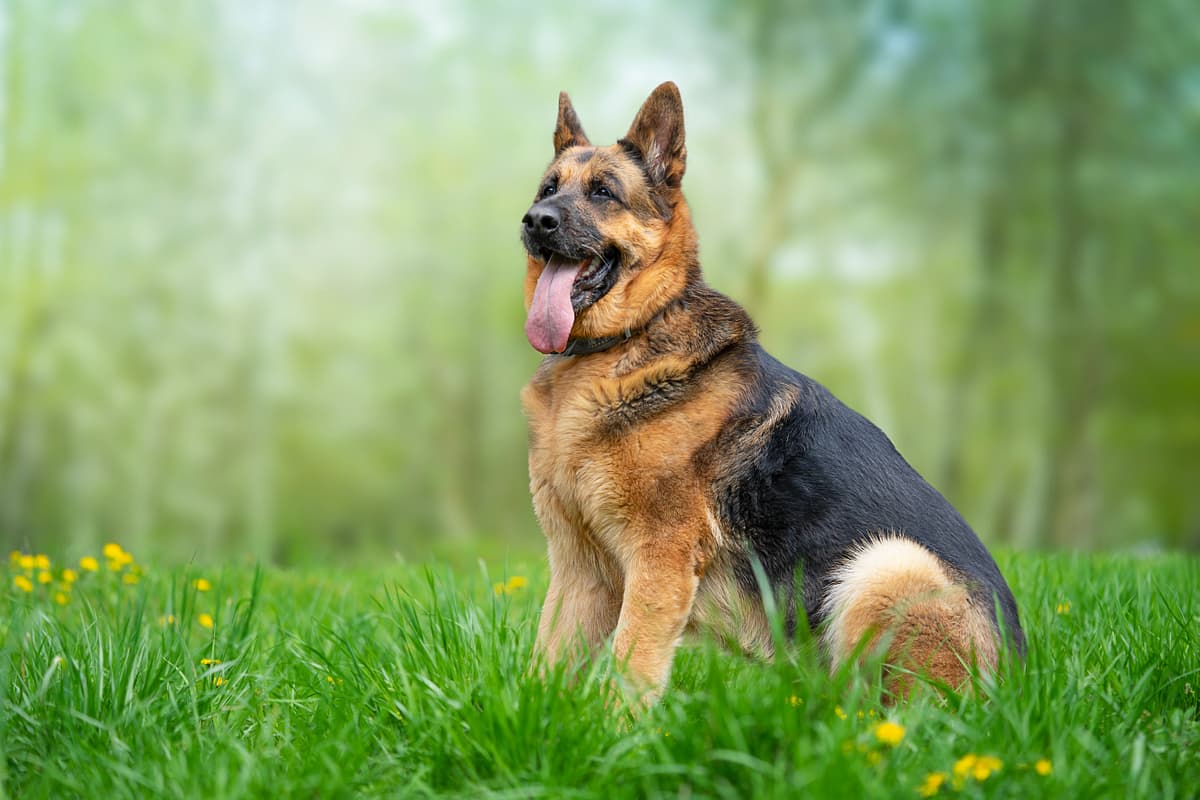Skye Terrier vs German Shepherd
Discover the differences between Skye Terrier and German Shepherd to make the best choice for your situation.
Try different breeds

Skye Terrier
Loyal, dignified, and fearless, this breed combines a striking long coat with a spirited yet affectionate nature. Skye Terriers thrive as devoted companions and excel at forming strong bonds.

German Shepherd
Confident, loyal, and highly intelligent, this breed thrives as both a devoted family companion and a reliable working partner. Always alert and eager to learn, it adapts to many roles with ease.
Quick comparison
Small
11–18 kg
Double coat, long and straight
12–14 years
10–16 kg
Moderately active
Large
30–40 kg
Double coat, dense undercoat
9–13 years
22–32 kg
High energy
Personality & behavior
Compare the personality traits and behavioral characteristics of both breeds.
Skye Terrier
Reserved with strangers, loyal to family members
Quick learner, responds well to training
Moderate activity needs, enjoys daily walks
Enjoys play, but not overly boisterous
Adjusts to change, prefers stable routines
German Shepherd
Warm with family, reserved with strangers
Quick learner, highly trainable and alert
Needs regular activity and vigorous exercise
Enjoys games, interactive and engaging
Adjusts well to new situations and environments
Care needs
Exercise, grooming, and daily care requirements
Skye Terrier
Degenerative disc disease, hypothyroidism
German Shepherd
Hip dysplasia, elbow dysplasia
Suitability
How well each breed fits different living situations and families
Skye Terrier
Moderately suitable
Needs patient training and early socialization to thrive with new owners
Excellent fit
Small size and moderate activity make them well-suited for apartments
Somewhat suitable
Enjoy play but do not require high-intensity exercise daily
Not ideal
Can be wary of rough handling and may not tolerate very young children
Cautiously compatible
May be territorial and less tolerant of other pets without proper introduction
Prone to anxiety
Dislike being left alone for extended periods and may develop separation issues
German Shepherd
Challenging for beginners
Needs experienced, consistent training and socialization
Not ideal
Needs space and frequent exercise to prevent boredom
Perfect fit
Thrives with active owners who can provide daily physical and mental challenges
Highly suitable
Loyal and protective, can be gentle and patient with proper socialization
Usually compatible
Can get along with other pets if raised together and well socialized
Prone to anxiety
Dislikes being left alone for long periods and may develop behavioral issues
Breed strengths
What each breed excels at and their best qualities
Skye Terrier
- Loyal to close family members
- Effective small game hunting instincts
- Adaptable to indoor living spaces
- Low-shedding, manageable double coat
- Alert and reliable watchdog
German Shepherd
- Highly intelligent and quick to learn tasks
- Strong loyalty to family members
- Excellent working and service dog abilities
- Protective instincts make them good guardians
- Adaptable to various training activities
Challenges & considerations
Potential challenges and considerations for each breed
Skye Terrier
- Prone to stubborn, independent behavior
- Needs consistent early socialization
- Requires careful handling due to long back
- Reserved with strangers, slow to warm up
- Susceptible to orthopedic health issues
German Shepherd
- Prone to hip and elbow dysplasia
- High exercise needs require daily activity
- Can develop separation anxiety if left alone
- May be wary of strangers without socialization
- Heavy seasonal shedding requires frequent grooming
Ready to choose your perfect breed?
Learn more about each breed or compare other breeds to find the perfect match for your lifestyle.
Discover more helpful tools
Make use of our other free tools to get the most out of your pet experience
